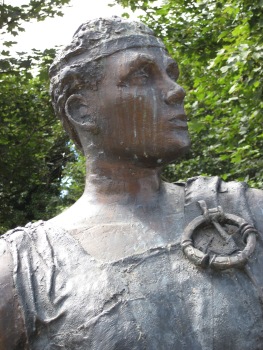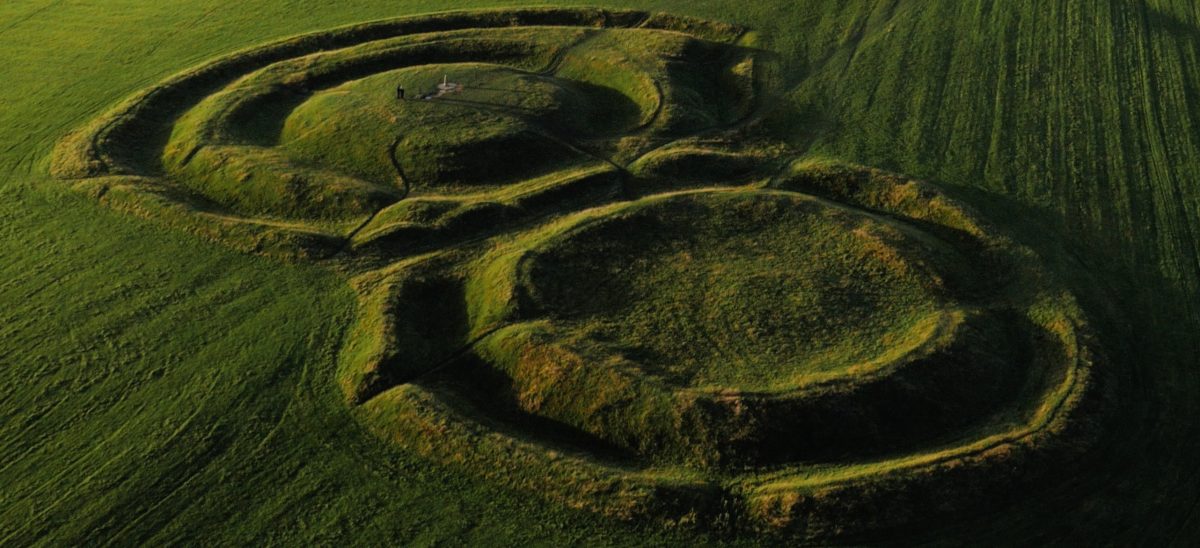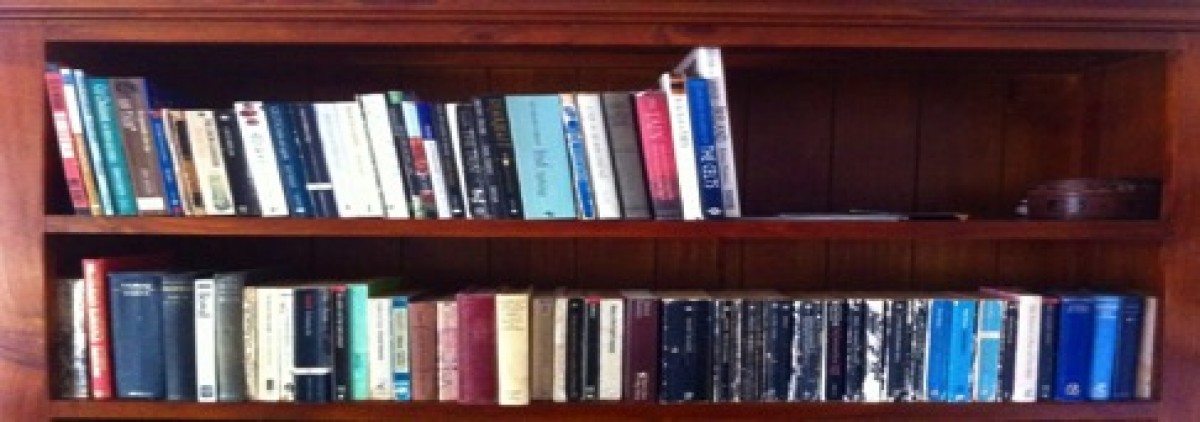I first read John Banville’s extraordinary tale, The Book of Evidence, based on a real-life murderer staying as a guest at the Irish Attorney General’s residence while on the run,

back in the late eighties. Banville’s insightful recount of the “grotesque, unbelievable, bizarre and unprecedented*” set of circumstances which arose in Dublin in the early eighties was fascinating.
Funny how things change, along with latitudes, and Banville, like other authors I read back then, became forgotten, discarded and in competition with an increasing variety of TV shows, movies and the advent of video recorders and that was before VCD or DVD and Blue Ray!
Anyway, jump forward to now.
The Sea by John Banville caught my eye recently. Seen through the haunted eyes of the narrator, Max, an art historian, who returns to the seaside village where so many disturbing events one childhood summer took place.
Bereft of his recently deceased wife, Anna, Max seeks to come to terms both with his bereavement and the events that have haunted him since that summer so many years ago.
The early mention of the strange tide at the seaside village and Max’s odd assertion that he would not swim again combined with the novel’s bleached out seascape cover hooked me. My childhood summers too were spent down at the seaside so the title resonated with me too!

Anyway, Max switches, ably assisted by booze, from recent episodic memories of the surgeon’s almost unseemly haste in washing his hands of the death of his wife, Anna (“At that, as if released Mr. Todd gave his knees a quick smack with two flat palms and jumped to his feet and fairly bustled us to the door”) to other, less well understood images from a traumatic childhood summer when the insouciant and feckless Grace family arrived for the summer holidays at the small seaside village.
“The first thing I saw of them was their motor car parked on the gravel inside the gate. It was a low-slung, scarred and battered model with beige leather seats and a big spoked polished wood steering wheel … on the shelf under the sportily raked back window … was a touring map of France, much used. …the girl’s voice coming down from on high, the running footsteps and the man here below with the blue eyes giving me that wink, jaunty, intimate and faintly satanic.”
Mingled with scenes from his current stay at the Cedars – the cottage where he has retreated since his wife’s death.
“There goes the Colonel, creeping back to his room That was a long session in the lav. Strangury, nice word. Mine is the one bedroom in the house which is, as Miss Vavasour puts it with a demure little moue, en suite.”
Staying now at the same guesthouse which the wealthy Graces had rented that summer, Max drifts in and out of the past and present, interspersing his memories of the twins, the withdrawn Milo and the petulant Chloe, their lush mother, Connie Grace, jovial Carlo her husband and the outsider Rose, with the newly discovered trivia of his life at Miss Vavasour’s guesthouse where he is the only other guest along with the Colonel.
“Miss Vavasour is downstairs playing the piano. She maintains a delicate touch on the keys, trying not to be heard. She worries that she will disturb me, engaged as I am up here in my immense and unimaginably important labours.”
Unfamiliar with their world, Max attributed godlike stature to the Grace family but it was with the voluptuous Mrs. Grace that attracted the young Max.
“Was that a complicit smile? With a heaving sigh, she turned and lay down supine on the bank with her head leaning back on the grass and flexed one leg so that suddenly I was allowed to see under her skirt along the inner side of her thigh all the way up to the hollow of her lap and the plump mound there sheathed in tensed white cotton.”
Slowly, the three threads of Max’s memories coalesce and mysteries, cunningly concealed throughout the novel, are revealed and minor characters assume major proportions while the erstwhile understandings are now shown to have been misunderstandings.
Gracefully the strands, of seemingly unconnected events from the triad of introspective settings that Max relives, are woven into a stunning denouement whereby all is made clear from what had been only partially hinted at and mistakenly understood before.
Fantastic, a great read.
* Attributed to Dr. Conor Cruise O’Brien with reference to Charlie Haughey’s government during that period.


